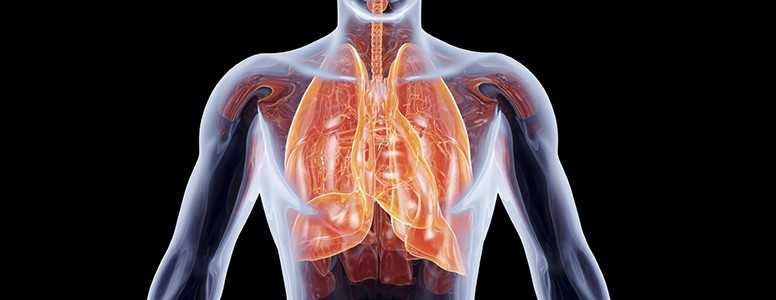The blood glucose-lowering drug metformin, which is used to treat type 2 diabetes, works in the gut and not in the bloodstream, according to a new study.
These findings could mean delayed-release (DR) metformin is suitable for type 2 patients with impaired kidneys that cannot tolerate the current version of metformin.
This research was conducted by John B. Buse, MD, PhD, and colleagues at the University of North Carolina School of Medicine.
In their paper, published in Diabetes Care, they discussed the findings of phase I and phase II studies. In phase I, single daily doses of metformin DR – which is designed to limit absorption into the blood – were compared to immediate-release (IR) metformin and extended-release (XR) metformin in 20 healthy individuals. The treatments were randomly assigned to the individuals.
Those who took the DR version had roughly half the amount of metformin in their bloodstream compared to patients treated with IR or XR.
In phase II, various doses of metformin DR were compared to placebo or metformin XR in 240 type 2 diabetes patients. Those who had been treated with metformin previously underwent no treatment for two weeks prior to the trial.
Metformin DR was observed to be 40 per cent more potent than metformin XR. There were also significant and sustained reductions in fasting plasma glucose over 12 weeks, with metformin DR tolerated well by patients.
Buse concluded: “Our clinical trials show that metformin works largely in the lower intestine, reversing half a century of conventional thinking.
“One of the top reasons metformin isn’t used for all people with type 2 diabetes is that patients with impaired kidneys accumulate too much drug in the blood, and this can result in life-threatening lactic acidosis.
“These findings create an opportunity to develop a new metformin treatment option for patients that currently can’t take this first-line drug of choice.”
What's new on the forum? ⭐️
Get our free newsletters
Stay up to date with the latest news, research and breakthroughs.







